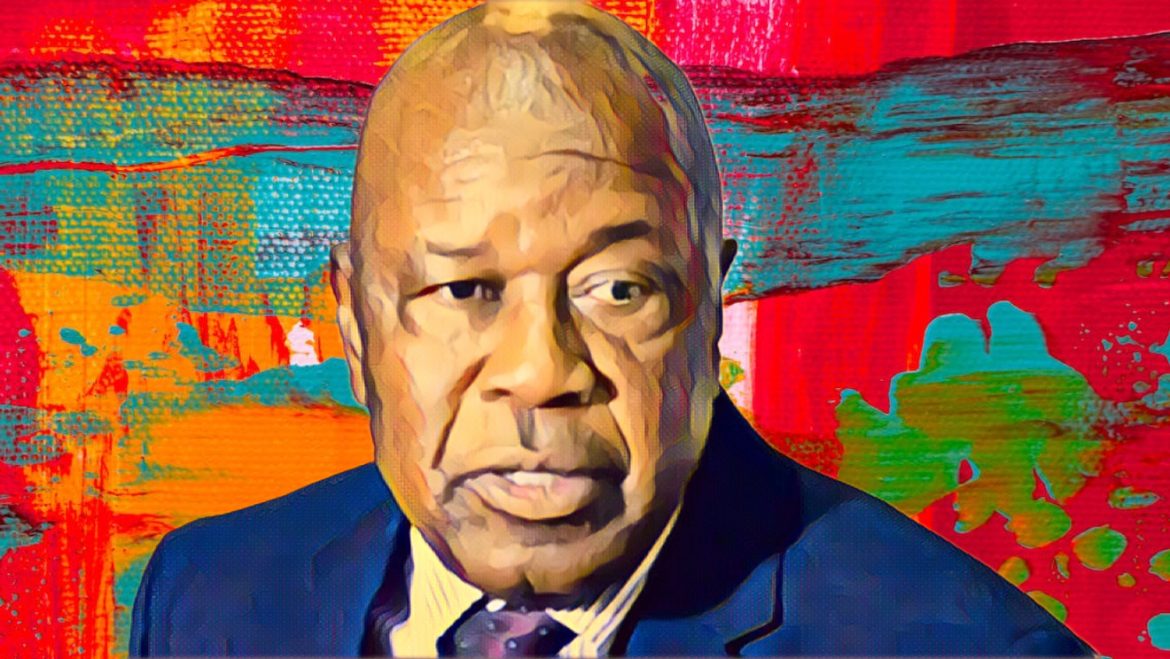KEY POINTS
- A recent War Veterans Congress that ousted Christopher Mutsvangwa is facing legal challenges.
- The congress proceeded despite a standing court order calling its legitimacy into question.
- Questions arise about the legality of leadership changes within the Zimbabwe National Liberation War Veterans Association (ZNLWVA).
The recent congress of the Zimbabwe National Liberation War Veterans Association (ZNLWVA) that saw the removal of Christopher Mutsvangwa has been challenged legally.
This is so because there are concerns arising from the conduct of the congress in as much as it has been reported that it was conducted in defiance of a court order.
MUTSVANGWA, a prominent political personality in Zimbabwe and a former chairman of the ZNLWVA, was surprisingly expelled at the congress.
However, with the court order in place anyone’s removal has caused some controversy, which has question the legalistic impetus of the changes of leadership conducted over the course of the event.
The recent court order has raised controversy.
The last congress organized by the War Veterans was characterized by leadership contest that saw the removal of Mutsvangwa.
However, it was said that the court had passed an order restraining the congress from being held on account of some violation of the provisions of the law and some internal problems of the association which were not settled.
However, the event proceeded, new leadership was named, and Mutsvangwa was removed from his position.
Forcing the method as believed by New Zimbabwe, legal experts have said that any decision practiced at the congress may be deemed unlawful if it can be demonstrated that the court order was violated.
This development poses a lot of questions about the internal governance of the ZNLWVA and the right of the leadership to the leadership structures in place.
Leadership conflicts and division within organizations
The ZNLWVA has been facing internal divisions and strife since several years and there has been internal political struggle for power in its different factions where some members try to out power the other.
This change is nothing new to the leadership of the association that has been experiencing various leadership issues that continuously weakened its stability and its ability to protect the welfare of the war veterans in Zimbabwe.
MasVAngwa has been among the prominent people in the ZNLWVA philanthropist and a former government official, well established in ZANU-PF. Some regard his removal as part of the political conflict within the organization, different groups fighting for supremacy.
But then legal issues surrounding holding of congress have arisen complicating the situation, whether the leadership changes will be legal or not in the incumbent legal arena.
The congress’s legitimacy is now likely to be the subject of a legal fight, as Mutsvangwa’s supporters dispute the process that led to his ouster. If complied with, the court order could result in the invalidation of the congress decisions, which may bring back Mutsvangwa as chairman.
Legal uncertainty and possible consequences
The congress has remained a subject of legal debate, and the leadership of the ZNLWVA has also been taken to court. If the court sides with Mutsvangwa, it will set aside the recent leadership changes and may result in a reshuffle of the association.
This development also has a larger significance in relation to war veterans’ organization in Zimbabwe which has traditionally played an active part in the political events of the country.
In the case of the leadership in question, the association may lose its capacity to protect the interests of its members and sustain its power.
However, there are some people from the ZNLWVA who feel that the political conflict should be solved internally and the party should join as one force.
Most war veterans are keen to leave leadership squabbles behind and concentrate on social and economic challenges affecting their members such as pensions and other entitlements.
An optimistic approach to solving
During the ongoing judicial process, it is still possible to find a solution that will help restore order to the ZNLWVA’s activities.
Whether through the courts or internal negotiations, war veterans are calling on the leadership of the association to fight for the members and bring togetherness.
Due to future speculative analysis centered on the legal decisions relating to Mutsvangwa’s dismissal, the future of the ZNLWVA together with its relevance to the society in Zimbabwe will probably be influenced in the coming future.
Today, its fate is uncertain, the legitimacy and identity of the association leadership is questionable.


